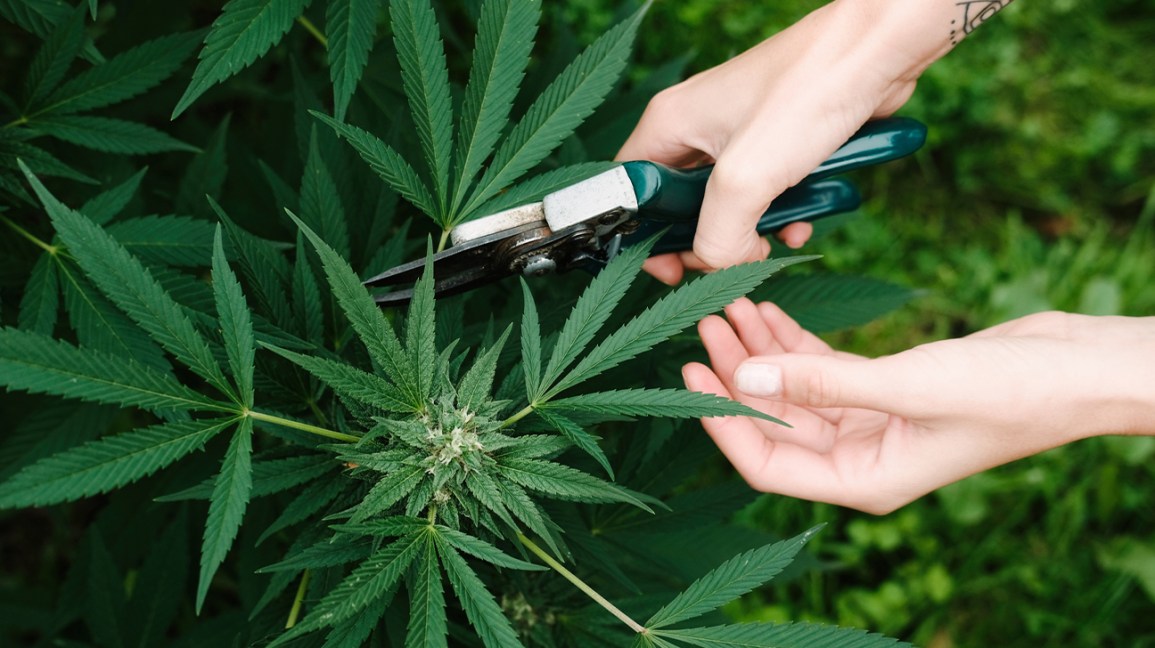Best Online Hemp Distributors
Delta 8 vs. Delta 9 Cannabis: The Crucial Role of Delta 9 in RSO for Cancer Treatment and Its Influence on Modern Culture
Introduction to Delta 8 and Delta 9 Cannabis
In recent years, cannabis has become a focal point of discussions around health, wellness, and lifestyle. Two compounds that often dominate these conversations are Delta 8 and Delta 9 THC. Both cannabinoids have unique properties, but their roles in medical treatments, especially in Rick Simpson Oil (RSO) for cancer treatment, are of particular interest. This article delves into the distinctions between Delta 8 and Delta 9, highlighting the pivotal role of Delta 9 in RSO for cancer patients, and explores how these compounds have influenced modern culture, including the worlds of skate and surf through brands like Volcom.
Understanding Delta 8 and Delta 9 THC
What Are Delta 8 and Delta 9 THC?
Delta 8 and Delta 9 THC are both cannabinoids, chemical compounds found in the cannabis plant. Delta 9 THC is the more well-known of the two, renowned for its psychoactive effects that create the “high” associated with cannabis use. Delta 8 THC, on the other hand, is a minor cannabinoid that is similar in structure to Delta 9 but has milder psychoactive effects.
The Psychoactive Differences
One of the main differences between Delta 8 and Delta 9 lies in their psychoactive potency. Delta 9 THC is much more potent, leading to a stronger high, while Delta 8 offers a more subdued experience. This difference makes Delta 8 an attractive option for those seeking the benefits of THC without the intense effects that come with Delta 9.
Delta 9 THC and Its Role in RSO for Cancer Treatment
What Is Rick Simpson Oil (RSO)?
Rick Simpson Oil, or RSO, is a cannabis extract that has gained recognition for its potential therapeutic benefits, particularly in cancer treatment. RSO is typically made using cannabis strains high in Delta 9 THC, which is believed to have powerful anti-cancer properties.
The Science Behind Delta 9 in RSO
Delta 9 THC has been studied for its ability to induce apoptosis, or programmed cell death, in cancer cells. This property makes it a crucial component of RSO, as it may help to slow the growth of tumors and reduce the spread of cancer. Additionally, Delta 9 THC has anti-inflammatory and analgesic properties, which can help alleviate pain and discomfort for cancer patients undergoing treatment.
Real-Life Applications and Testimonials
Many patients have turned to RSO as an alternative or complementary treatment for cancer, with some reporting significant improvements in their condition. While more research is needed to fully understand the efficacy of Delta 9 THC in cancer treatment, the anecdotal evidence is compelling. For example, one patient who had been battling aggressive lung cancer found that using RSO helped reduce tumor size and improved their overall quality of life. Such stories underscore the potential of Delta 9 THC in medical cannabis treatments.
The Influence of Delta 9 on Modern Culture
Delta 9 and the Rise of Cannabis Culture
The legalization and acceptance of cannabis in various parts of the world have led to the rise of cannabis culture, with Delta 9 THC at its center. From music to fashion, the influence of cannabis is evident. Brands like Volcom, known for their association with skate and surf culture, have embraced the cannabis lifestyle, integrating it into their marketing and product lines.
The Intersection of Cannabis and Action Sports
The influence of Delta 9 THC extends beyond the medical realm and into the world of action sports. Skateboarding and surfing, for example, have long been associated with counterculture movements, and cannabis has played a significant role in these communities. Volcom, a brand synonymous with skate and surf culture, has been at the forefront of this movement, incorporating cannabis-inspired designs and themes into their clothing and media.
The connection between cannabis and these sports is not just aesthetic; it’s cultural. Many athletes in these disciplines have openly discussed how cannabis, particularly Delta 9 THC, helps them relax, recover, and even enhance their focus and creativity. This has led to a symbiotic relationship between cannabis culture and the world of action sports, influencing trends, behaviors, and even the design of products.
Addressing the Counterarguments and Controversies
The Debate Over Delta 8 vs. Delta 9
Despite the benefits of Delta 9 THC, there are those who argue in favor of Delta 8, citing its milder effects and lower risk of anxiety or paranoia. Some believe that Delta 8 could be a safer alternative for those seeking therapeutic benefits without the intense psychoactivity of Delta 9. However, it’s important to note that the research on Delta 8 is still in its early stages, and its long-term effects are not yet fully understood.
The Legal Landscape
The legal status of Delta 8 and Delta 9 THC varies across different regions, adding another layer of complexity to the discussion. While Delta 9 THC is federally illegal in many places, Delta 8 has found a legal loophole in some states, leading to its increased availability. This discrepancy has sparked debate over the regulation and safety of these cannabinoids.
Conclusion: The Future of Delta 9 THC in Medicine and Culture
Delta 9 THC continues to play a crucial role in the ongoing evolution of both medical cannabis and modern culture. Its potential in cancer treatment, particularly in the form of RSO, offers hope to many patients seeking alternative therapies. Meanwhile, its influence on culture, especially in areas like skateboarding and surfing, underscores the growing acceptance and integration of cannabis into mainstream society.
As research progresses and legal landscapes shift, the roles of Delta 8 and Delta 9 THC will likely continue to evolve. For now, Delta 9 remains a powerful tool in both medicine and culture, shaping the way we approach health, wellness, and self-expression.

